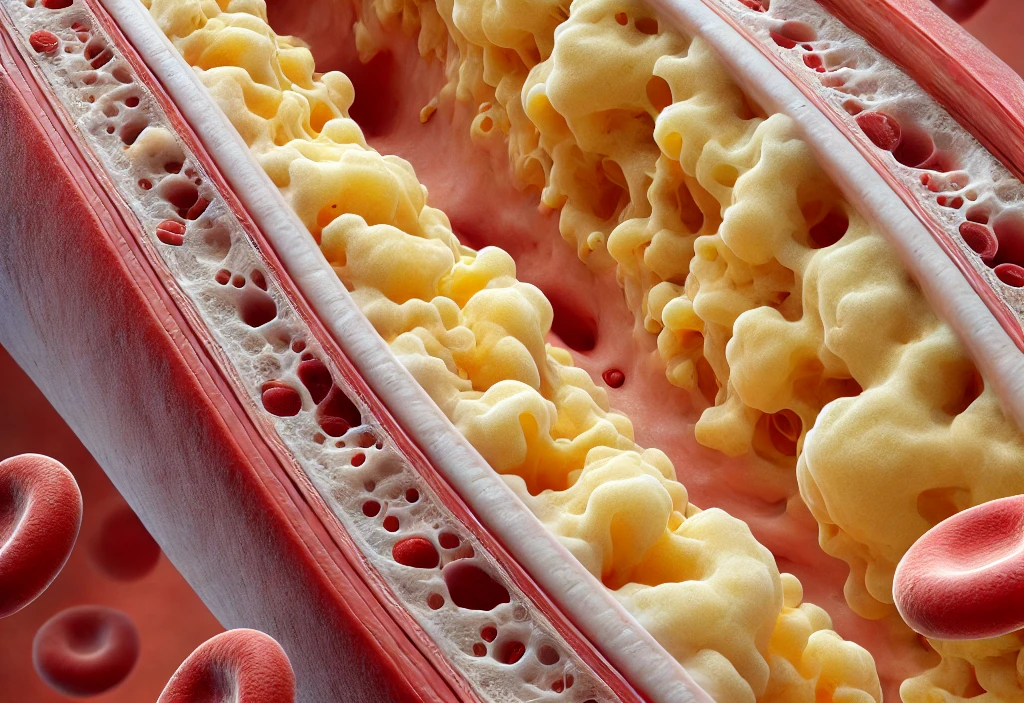otion

Soft Plaque: The Hidden Danger Lurking in Your Arteries
When we think about heart health, many of us are familiar with the idea of "hardening" arteries or the buildup of calcium in the blood vessels. But there's another, more dangerous culprit lurking within your arteries that often goes unnoticed: soft plaque. Unlike its calcified counterpart, soft plaque can be more unpredictable and potentially life-threatening, even when you feel perfectly healthy.
Heart Health | Prevention